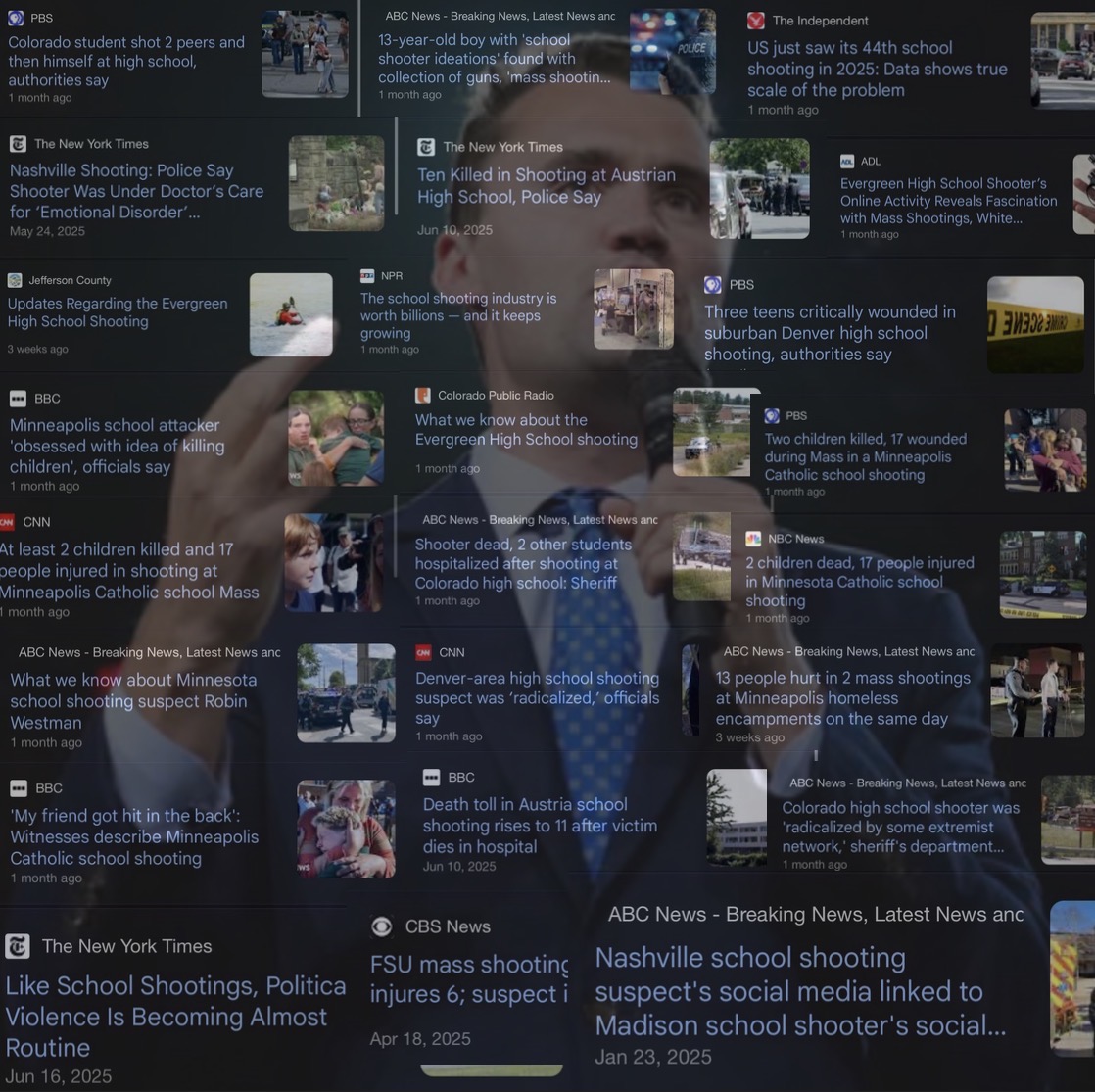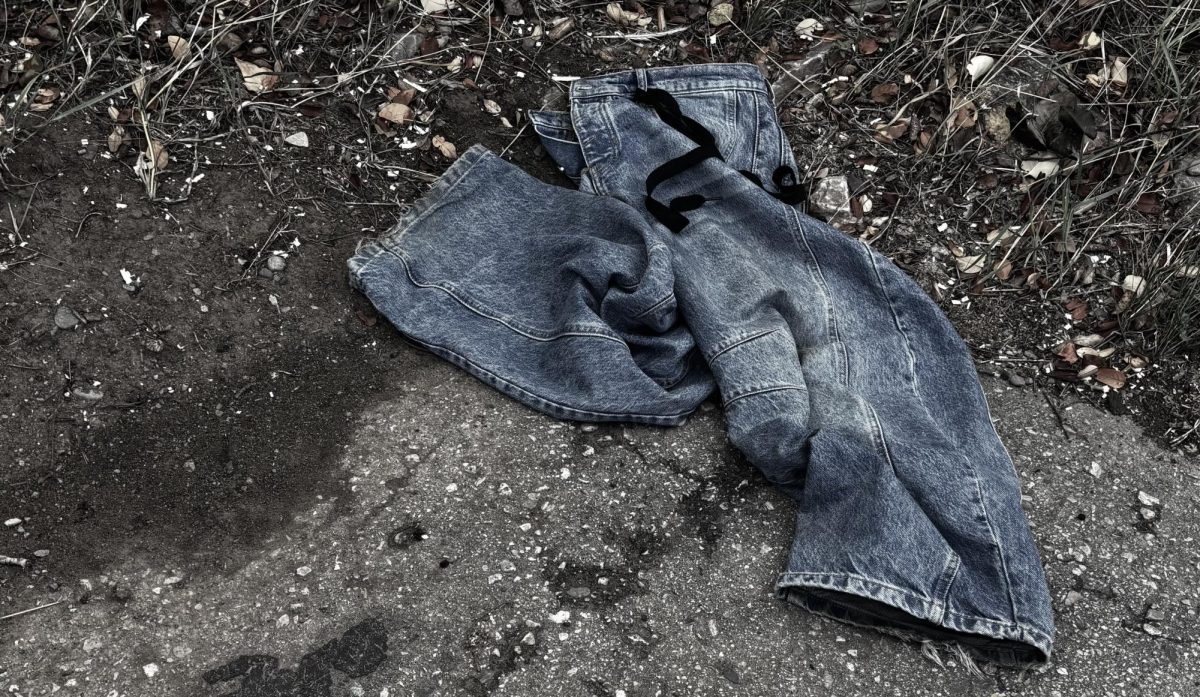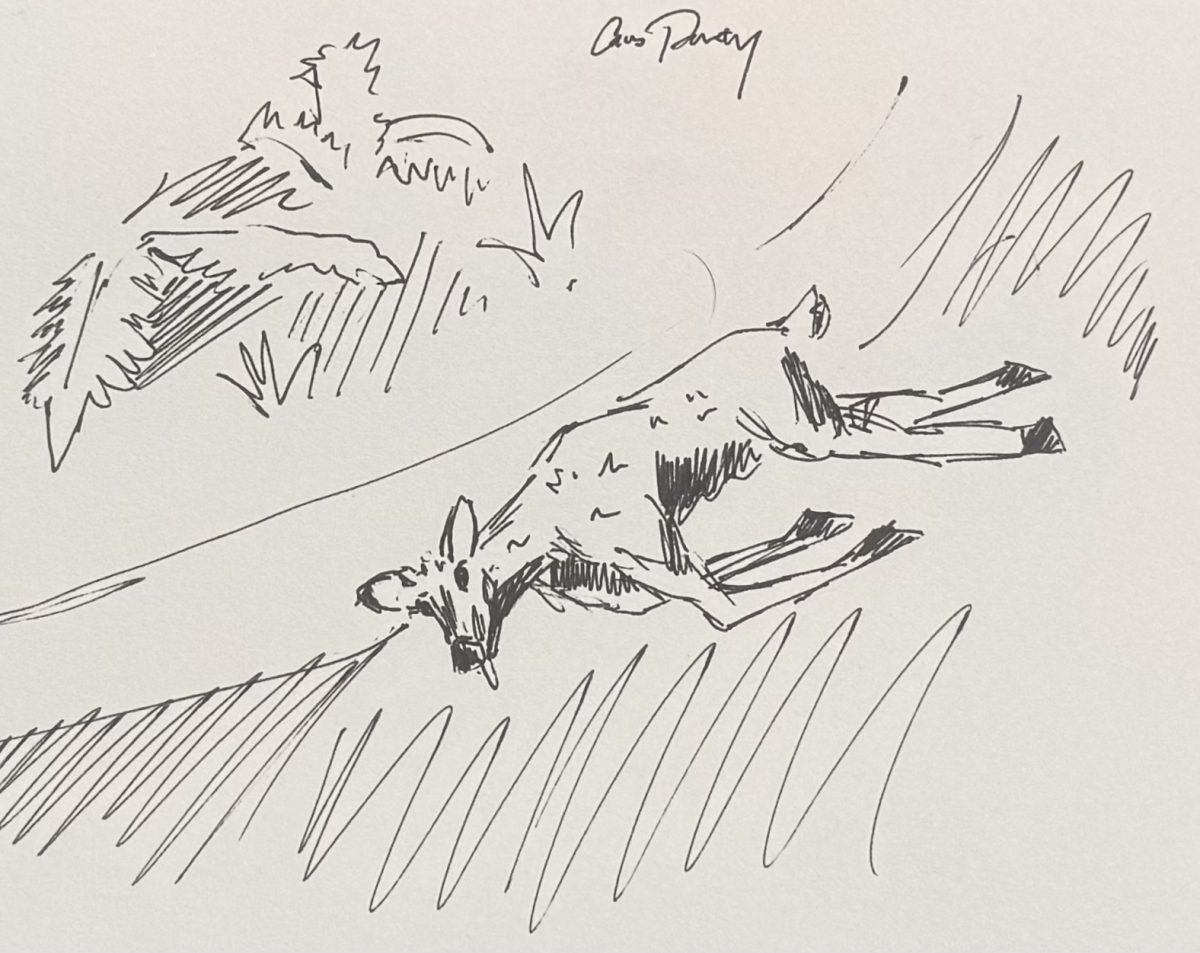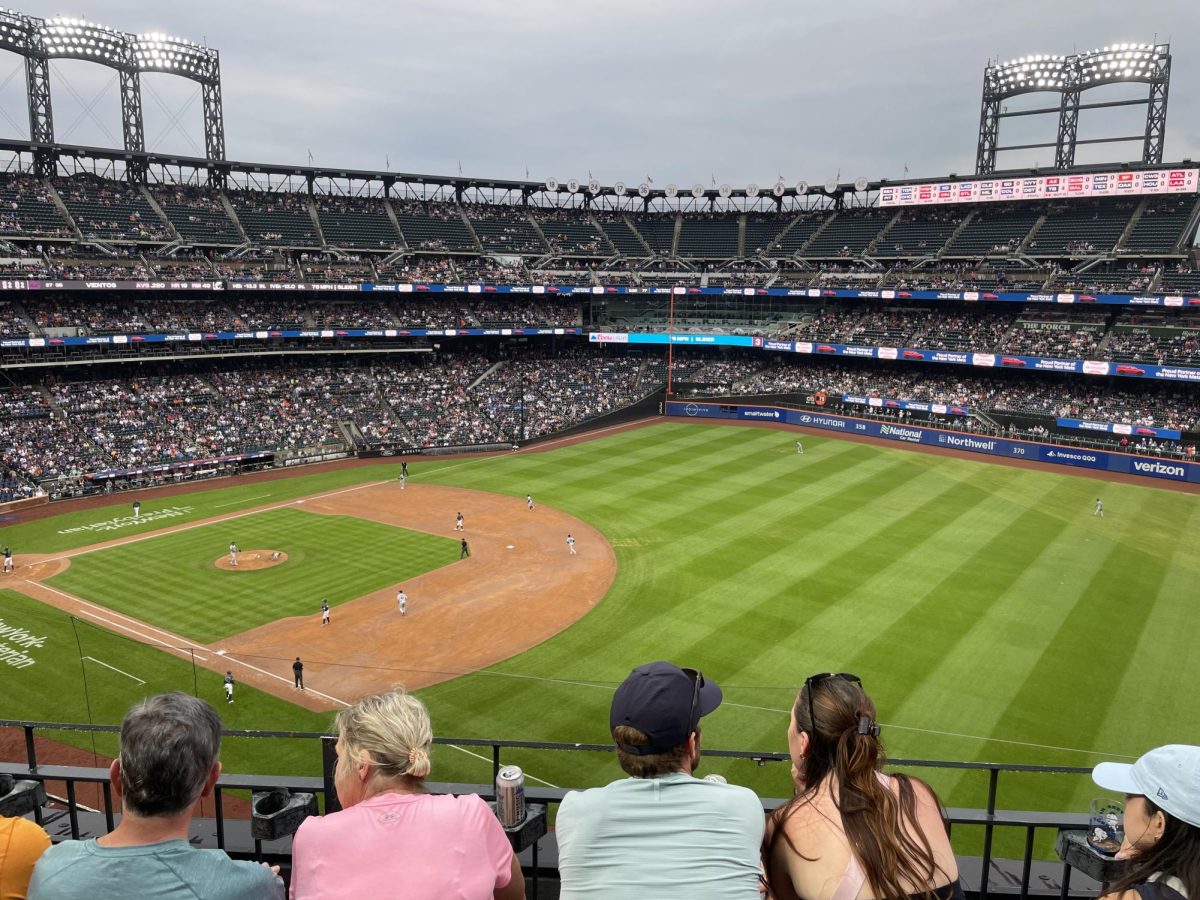Gun violence is not a political debate; it is a matter of public safety. Left, right, or something in between; guns don’t discriminate. There has been a wide range of opinions and emotions blossoming from the death of far-right political commentator Charlie Kirk, who was assassinated while addressing an audience during an event at Utah Valley University in Orem, Utah. In the days following this event, I have seen an overwhelming sympathy, and in harsh comparison, overwhelming joy, expressed by the Instagram stories and TikTok reposts of people from all corners of the internet. I have seen people recording themselves as they cry over his death; I have seen others doing the same while they blare No One Mourns The Wicked from their car stereo.
Personally, while I have never agreed or aligned with anything Kirk believed in, I am not rejoicing over his death. I am not mourning him, either. Kirk spent most of his adult life spreading hate speech, and in my opinion he was not a good person; his death does not change that.
Though, blatant, violent murder – or the celebration of it, no matter how much you dislike someone – is not okay, it is not the solution to putting a stop to hate speech. If anything, this route only causes more division between political parties and causes an increase in gun violence.
In an interview from 2023, Kirk said, “I think it is worth it to have a cost of, unfortunately, some gun deaths every single year so that we can have the second amendment to protect our other god-given rights.”
This is one of many topics upon which Kirk and I disagree; gun violence needs to be stopped, even if gun control imposes on our right to bear arms. It is depressingly ironic that Kirk did not believe in gun control, and then became the sacrifice that he deems “worth it” to keep freedom of arms. I do wonder—if Kirk had known he would be a victim of gun violence, would he change his stance?
Many people have been speaking out on social media about the fact that Kirk’s assassination has received much more national attention and sympathy than other shootings that have taken place this year, such as the assassination of Minnesota House of Representatives Speaker Melissa Hortman and her husband Mark Hortman over the summer. President Trump stated, when asked by CBS News chief White House correspondent Nancy Cordes why he did not order the flags lowered to half staff after these murders as he did for Kirk, that he was “not familiar” with the case.
A phrase I’ve been hearing used to reference this situation is selective empathy—the tendency to feel compassion for certain groups of people and not others due to in-group bias or media influence. While Kirk is certainly an outlier when considering victims of gun violence, this idea of selective empathy does beg the question of why so many people seem to be mourning Kirk and not giving a second thought to the Hortmans; why so many people don’t seem to know that there was a devastating school shooting in Colorado that occurred around the exact time Kirk was shot.
This may be because as school shootings increasingly become an epidemic, they become more normalized, even if that is not the intention. The shock induced by these tragedies decrease as they happen more often; the shock value of Kirk’s assassination is what has so many people talking about it. Though, this increasing epidemic should highlight the problem of gun violence and act as a call to action; it should not become something expected, something to deal with after the fact.
The assassination of a right-wing political commentator should not be the catalyst for gun control, it should not be the single thing that makes people rethink their beliefs on gun violence. The murders of innocent children, of anyone, by gun death, should be the catalyst, and those have been occurring for years with no immediate action taken by the government to prevent them. Selective empathy shows that some people are willing to weigh some lives more than others—prominent right wing figures and billionaires over democratic lawmakers and children—and are clearly not afraid to project that belief across social media and news platforms.
Gun violence should not be a political debate, and yet.






